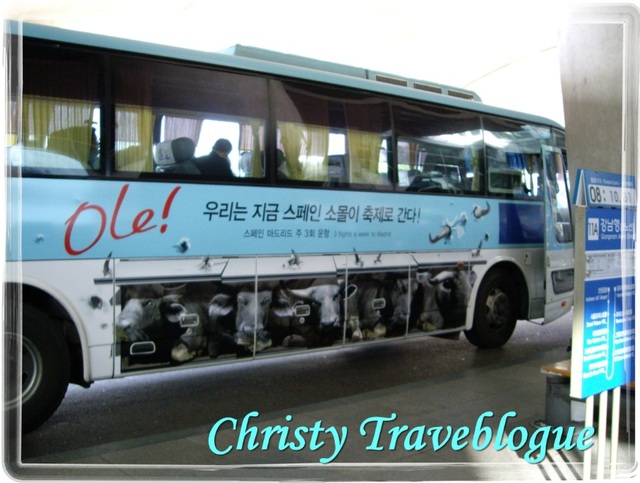
Sightseeing
I enjoyed a bus ride from the airport, and at the same time, the sightseeing tour of Seoul city.
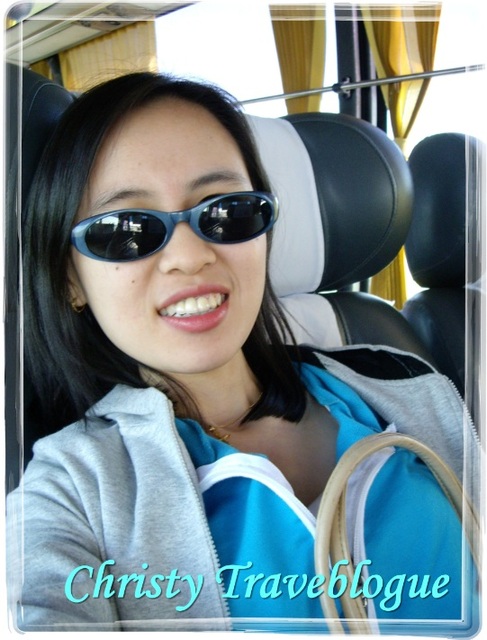
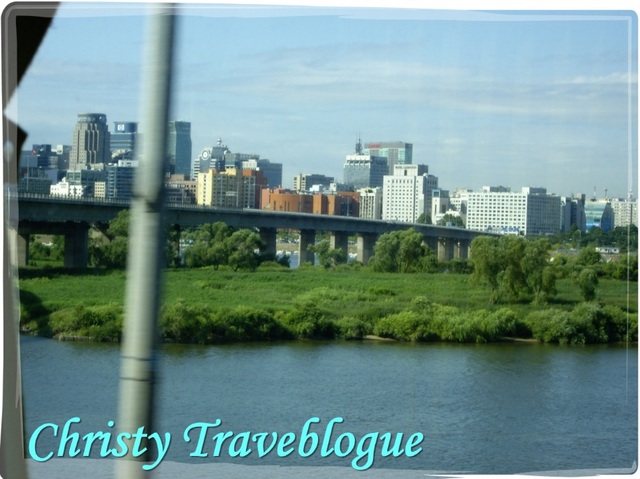
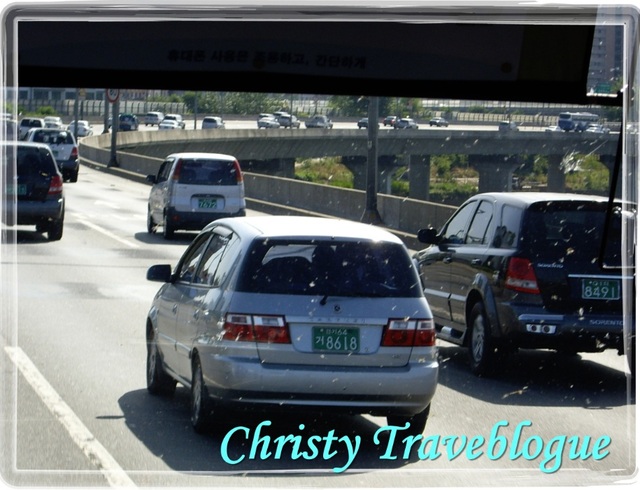
The strong defense of Seoul to protect their city against invasion can be seen from the surrounding walls and remnants of palace walls when one enters the city.
These walls are also the gates/main entrances into the city; and most of them have been demolished.
There are however; still gates which mark the landmarks in the heart of Seoul and they are prominently known as Namdaemun (South Great Gate) and Dongdaemun (East Great Gate)
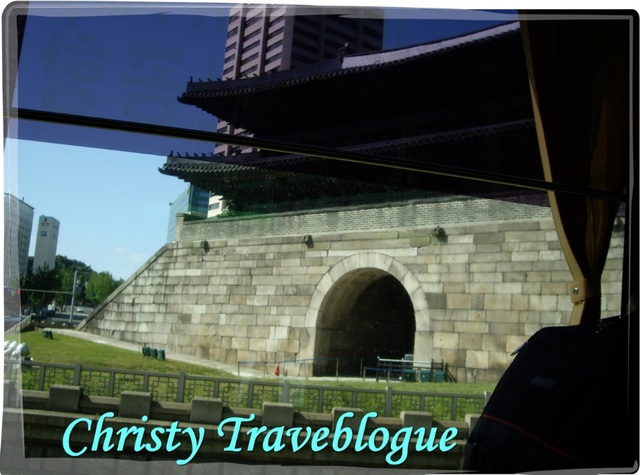
These gates, besides their functional role have also attracted visitors to explore the uniqueness of the gates.
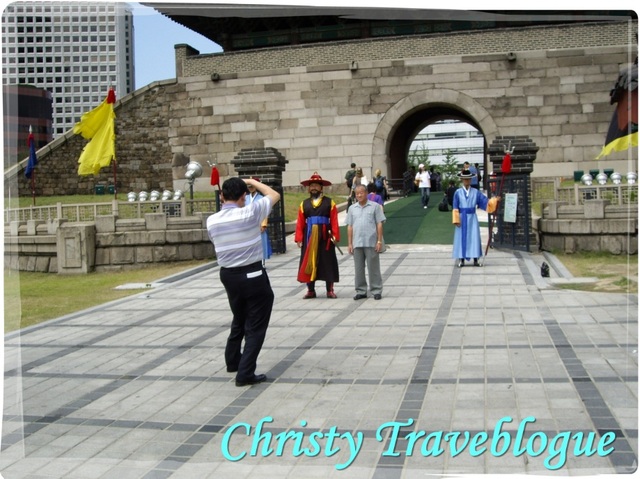
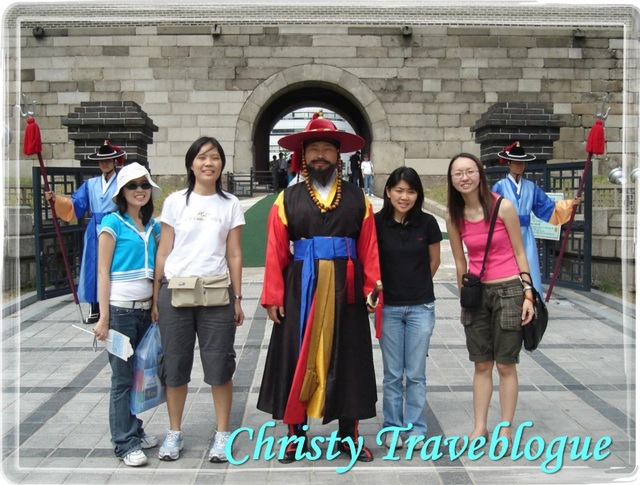
These iconic gates are not just the gateway into the city of Seoul, but also to the big and famous Namdaemun and Dongdaemun Markets.
We visited both of the markets; the Namdaemun Market in the day and the Dongdaemun in the evening. (however, there are only photos of Namdaemun Market as my camera was not too good at capturing night scenes then)
Namdaemun Market
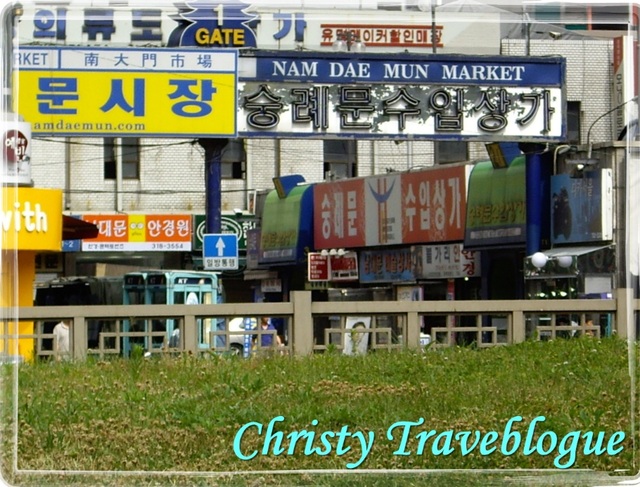
As the name suggests, this market is thus named due to its close proximity to the Namdaemun Gate, and the market is one of the oldest street market in not only Seoul, but the whole of South Korea.
The Namdaemun market started from a common trading marketplace for the government to manage the distribution of food and daily goods such as rice, clothes/cloth and money.
Refer to Wikipedia Established in a time before cars became a common transportation, the market was designed in such a way that the pedlars would carry their goods in and out of the market by motorcycles and even carts drawn by the pedlars themselves.
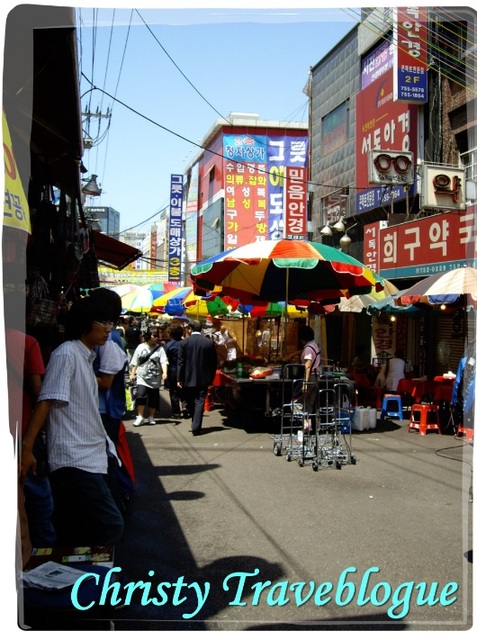
This seemed to be adapted into the market lifetsyle, and to this day, the market is not accessible by cars or any mode of transportation larger than the motorcycles or bicycles and the likes.
The large number of stalls make up the market; which specializes in retail clothing and souvenirs and the market occupies a large space in the heart of the city. It is a tourist spot for that matter, but even the locals enjoy shopping here; buying their items in bulks and then reselling in their own shops in other parts of the city/country.
Food items and souvenirs, and clothes mainly dominate the market and at a glance, it is just like any of our local markets.
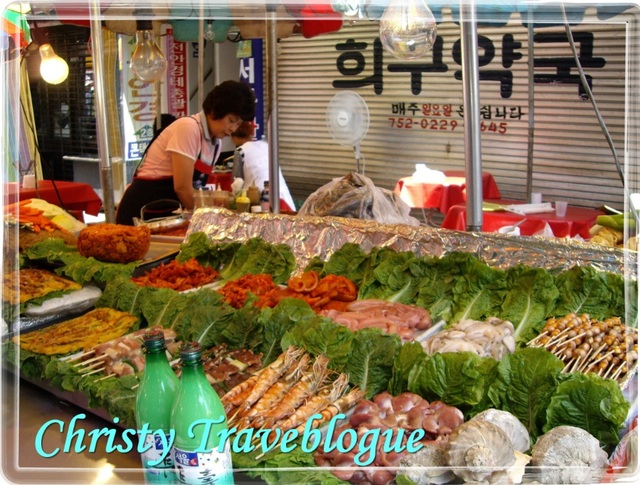
Do keep an eye for the local Korean Ginseng which seems to be appearing everywhere in most of the shops here.
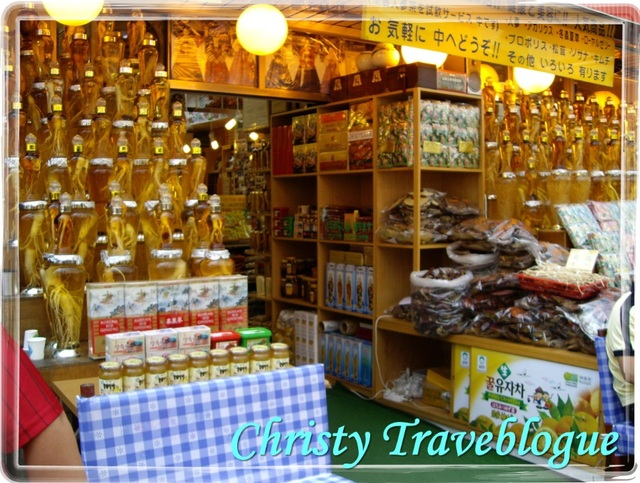
The ginseng roots are really gigantic
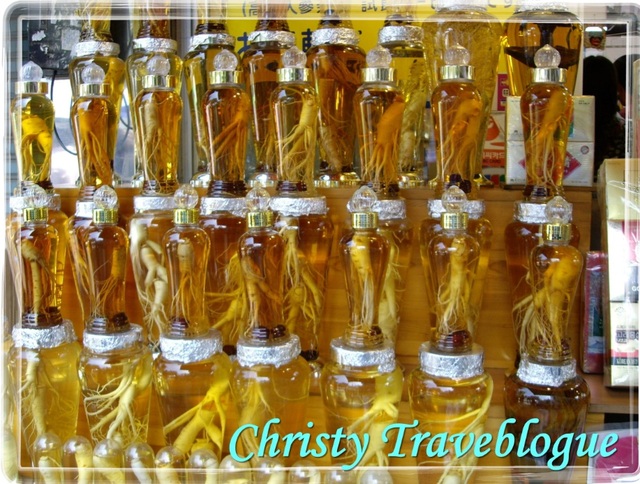
Food
Like all Asian countries, food is accessible everywhere in Seoul; especially in the heart of the city.
Lunch was at a shikdang (small restaurant) located in Namdaemun Market.
It is one of their local culture to dine at shikdangs or to enjoy street food from pojangmachas (street vendors)
Interesting food to try in Korea include:
Kimchi (this is after all, the Kimchi-land)
Ggakdugi (Chopped radish kimchi)
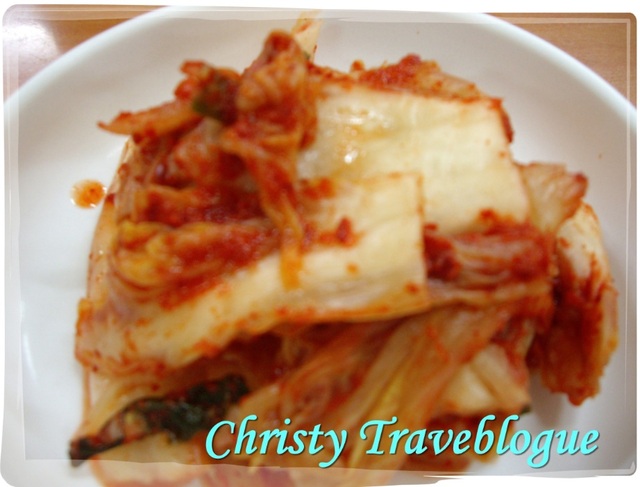
Be mindful of the strong sour and spicy taste though; it is meant to be an appetizer and is usually served at the beginning of any meal regardless of which restaurant you go to whenever you order your meals.
Baechu Kimchi (whole cabbage kimchi - the most commonly found type of kimchi)
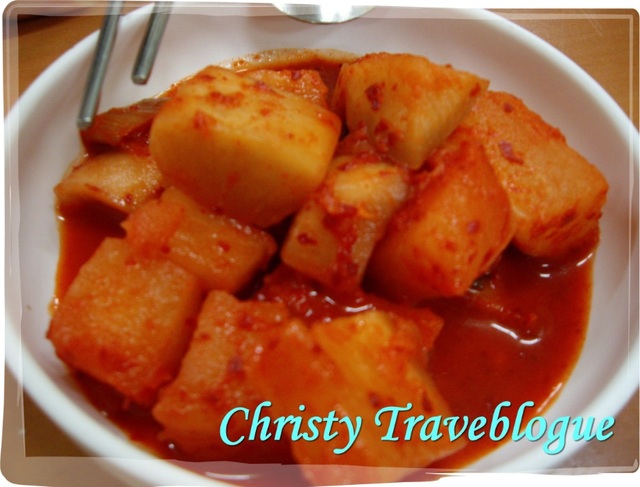
**You do not need to order the kimchi, it comes as an appetizer before each meal**
Samgye Tang (Chicken with ginseng soup)
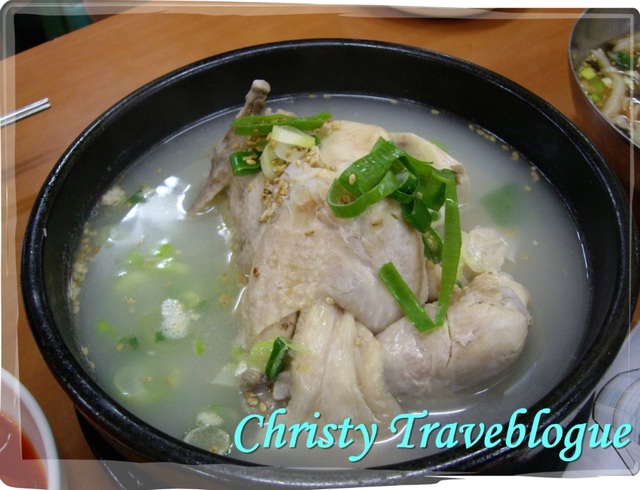
This is supposed to be a stamina food, and is particularly popular during the summer among the locals. The soup is clear, and the unique part lies in the chicken body which is stuffed with glutinous rice, ginseng and jujubes as well.
The way to enjoy the soup is to take a small spoonful to test the taste first.
If it is too plain, add in some salt to your liking.
The chicken meat can be seasoned with salt and pepper to your liking as well, and they are found on the dining table.
Kalguksu (Handmade Noodles)
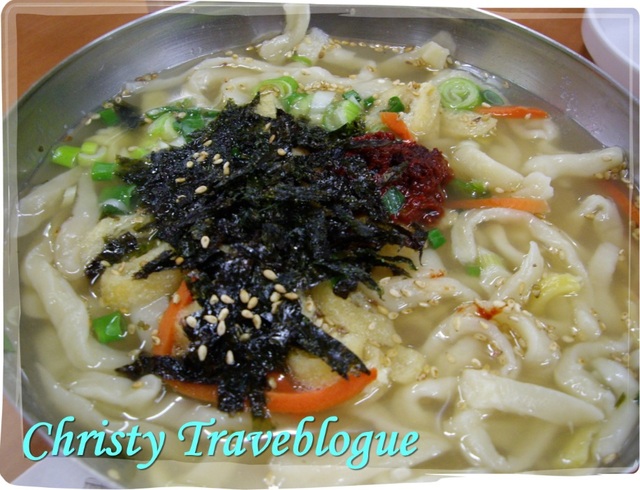
The noodles are made of wheat flour and dried raw soybean flour.
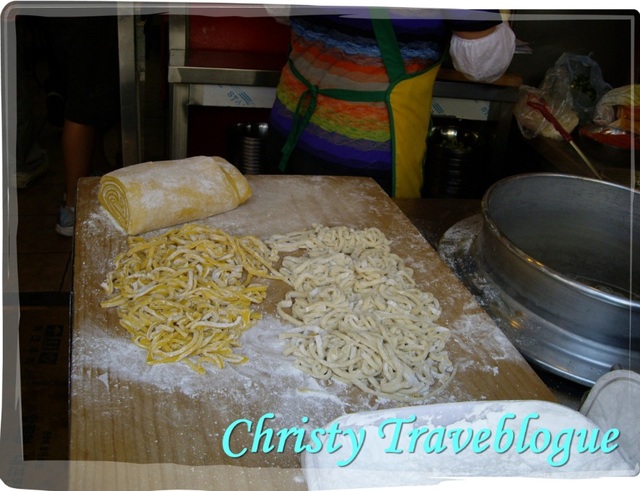
There are several versions of the handmade noodles; which are seasoned with soy sauce, pepper, salt powder, sesame oil, sesame powder, garlic, and green onions.
This ahjumma outside the shikdang was spotted to be preparing the kalguksu.
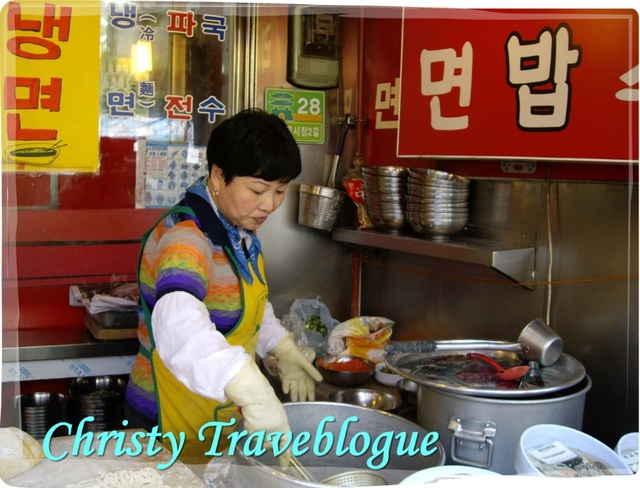
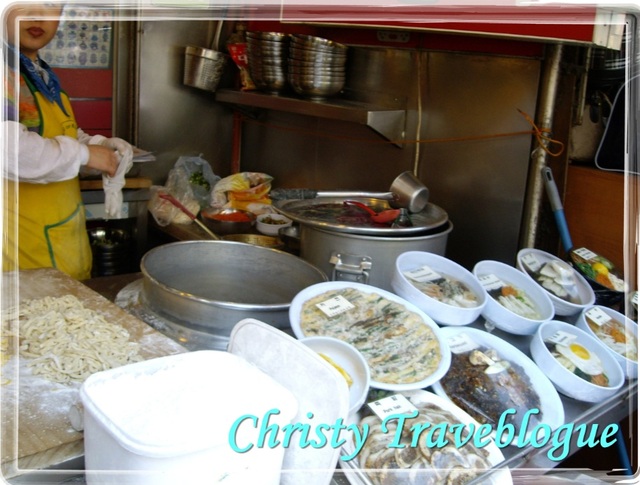
The different types of food available in this shikdang
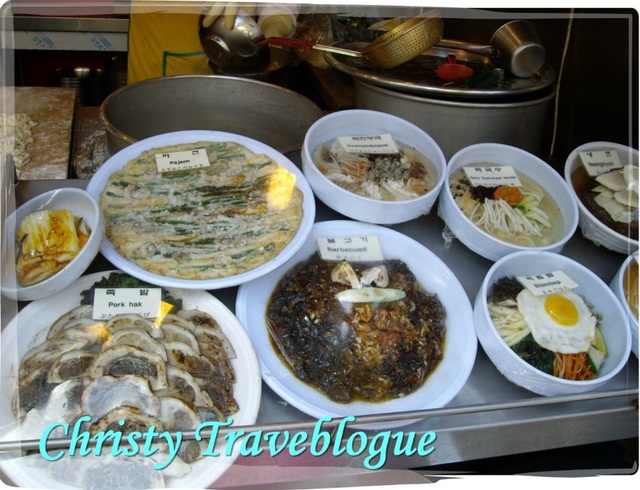
Shabu shabu, a treat from our host
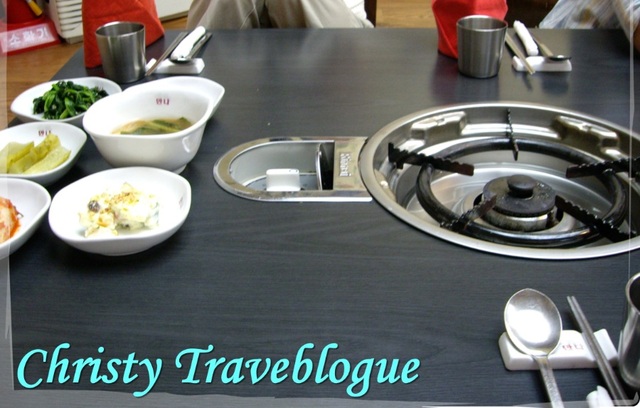
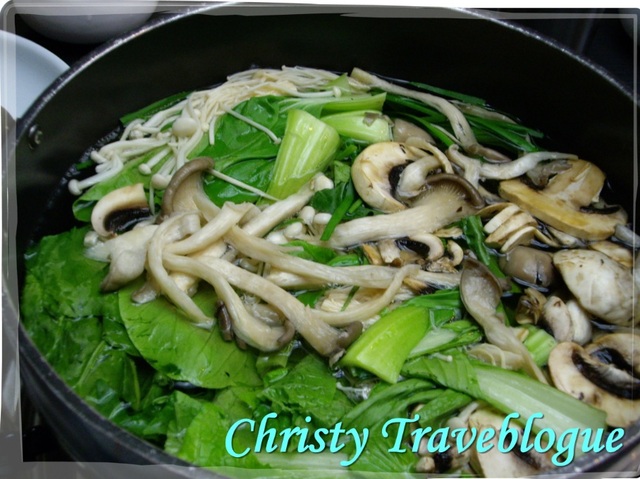
Bulgogi (BBQ beef)
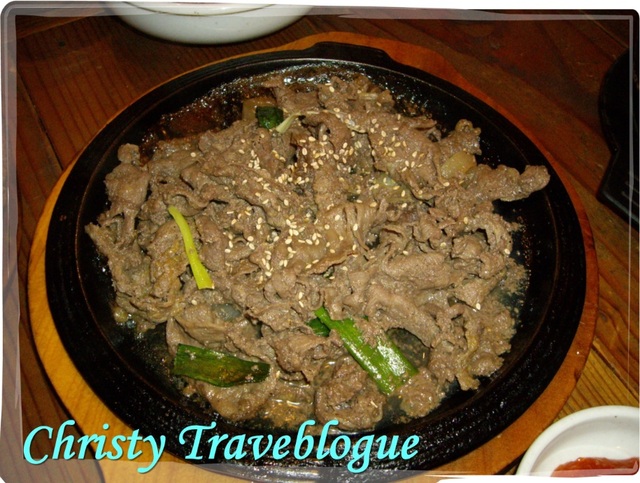
Koreans love their beef and this is probably the top favorite dish. Primarily made from the sirloin cut into strips and marinated, before cooking it on a metal dish over the burner.
Maeun Tang (Hot Spicy Fish Soup)
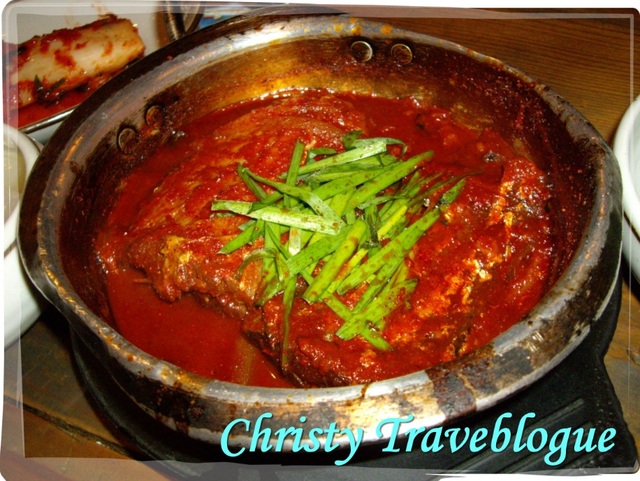
Seafood seems to be rare or not so popular among the Koreans; and this was one of the seafood dish ordered. This is a very spicy dish; and I have come to find out that it is popular for drinking.
The main ingredient for the dish is the red bean paste; or the kochujang
and is easily identified from the fiery red color along with the other ingredients of hot and red pepper paste and vegetables.
Bibimbap (Mixed vegetables with rice)
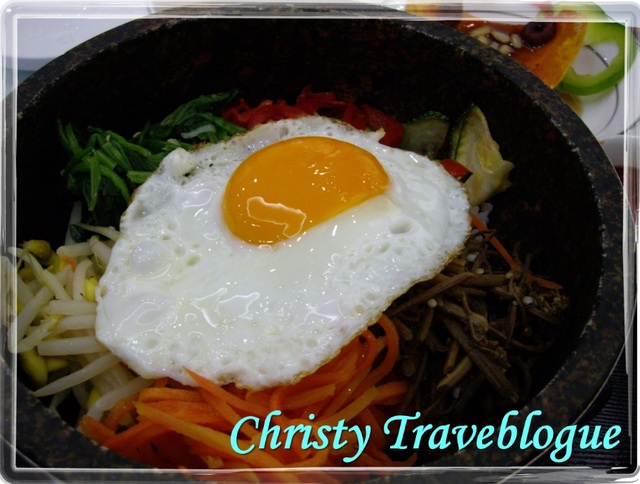
This ia also a popular and common rice dish found in Korea; due to its simplicity and filling properties. The vegetables could compose of a variety of seasonal vegetables, and sometimes could include meat or ginseng roots, depending on the server.
Sometimes, red pepper paste may be placed on top of the rice.
The way to enjoy this is to mix everything together before taking a scoop of the rice to enjoy the distinctly mixture of tastes.
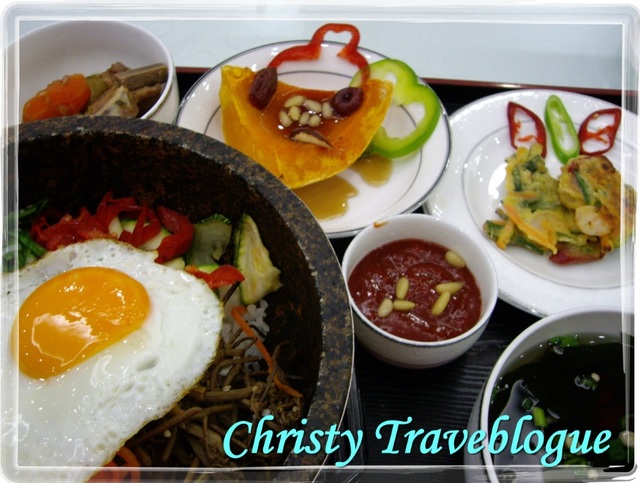
We had side dishes served by our hosts for the bibimbap as well.
These are found in the night markets; and it is a type of hand-pulled candy which was a traditional Korean favorite. In fact, I heard that this used to be a royal dessert/sweet treat too.
Squash Candy
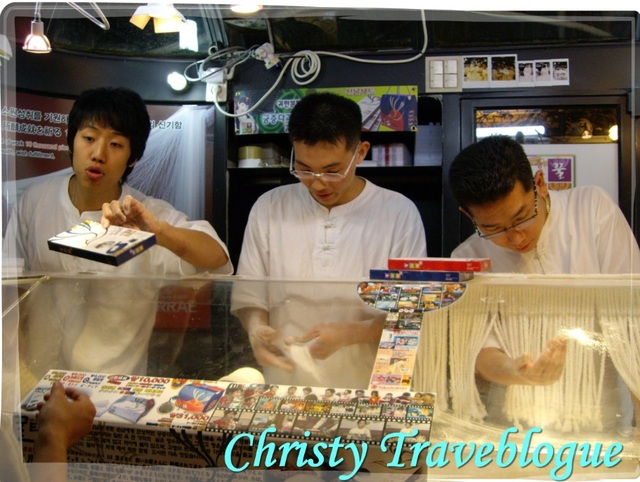
Drink
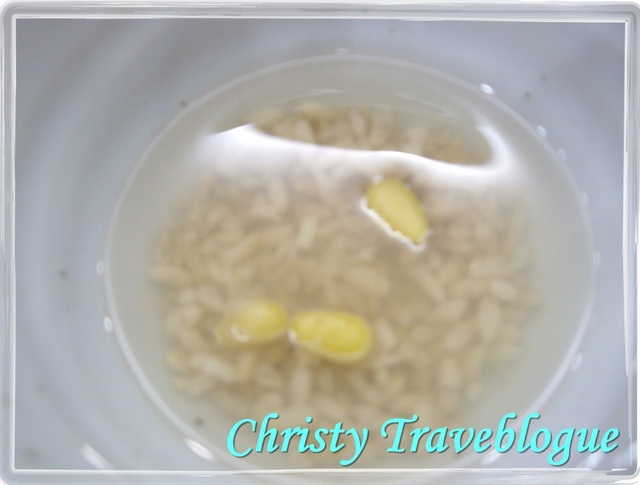
Koreans drink mostly poricha, or barley tea which are easily found in most of the shikdangs and restaurants. It seems that the Koreans prefer this to plain water and I guess it is meant to disperse the heat in the body during the hot weather and also due to their high consumption of barbecued/grilled meat.
We had the opportunity to enjoy the makgeolli; which was a type of drink made from white rice, as shown above.
Seoul was an interesting place filled with culture and history and has since undergone modernization in the age of technology.
Seoul Tower from far (sorry for the quality of the photo)
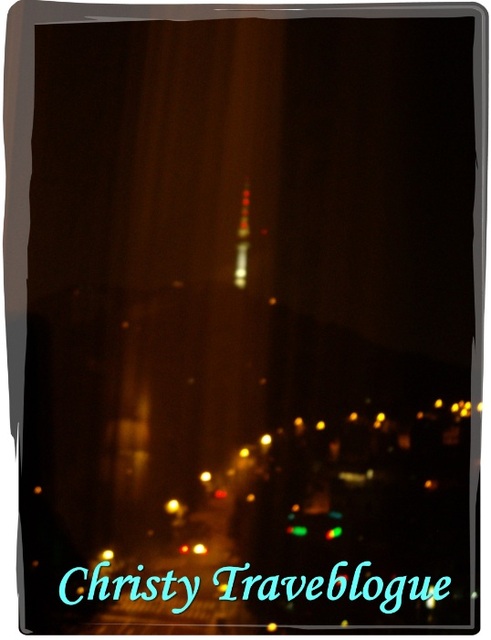
I bid my Ahn-Yong to the city of Seoul and like most of the places I have been, I do hope to be back again some day!~

No comments:
Post a Comment